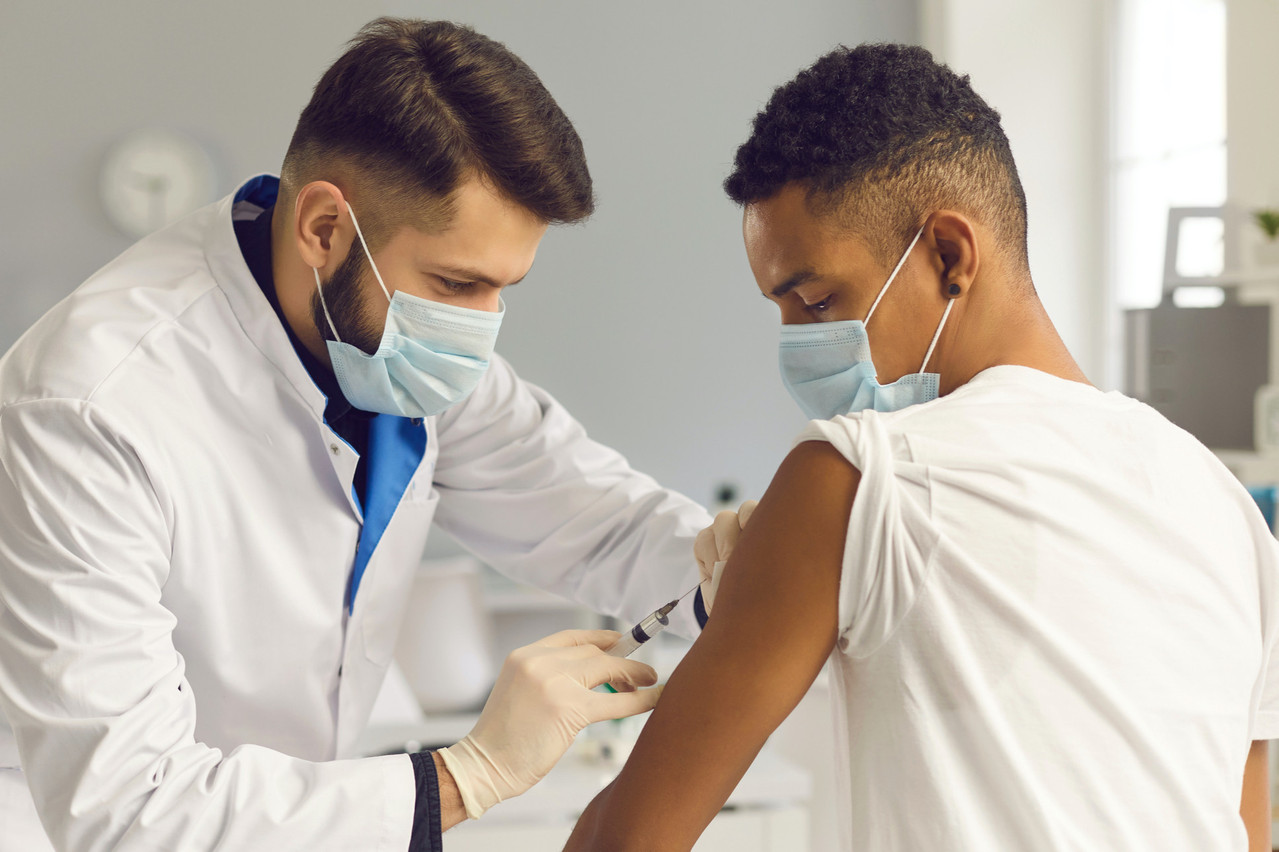"From 21 July, the health pass will be extended to leisure and cultural venues. In concrete terms, all our compatriots over the age of 12 will have to have been vaccinated or to present a recent negative test in order to access a show, an amusement park, a concert or a festival," French president Emmanuel Macron said on Monday. Once the law in passed, which means from the beginning of August, the French health pass will apply for entry to cafés, restaurants and shopping centres, as well as hospitals and retirement homes. But it will also be compulsory for travel by plane and longer journeys by train and bus buses.
With the summer holidays already upon us in Luxembourg, many will be heading for France, Italy, Spain or Portugal, as travel further afield is generally prohibitive What difference does this make? What do the restrictions in a number of countries mean for children?
Six weeks for full vaccination
Since 28 June, after the Pfizer-BioNTech vaccine was approved for young people , the government has sent out 39,966 invitations to the 12-17 year old age group. To date, according to the ministry of health, 11,400 young people have already received a first dose and some 98 16- and 17-year-olds have already been fully vaccinated.
According to the recommendations of the Higher Council for Infectious Diseases, it will take four weeks before the second dose is available. And, of course, it is another two weeks after that before the vaccination is considered complete, which means most will only be fully vaccinated by the week of 9 to 15 August.
The hotline set up by the government indicates that it is possible that some young people have fallen through the cracks of the invitation, but they can contact the hotline at tel. 247-65533.
It is difficult to say today exactly how many young people will have access to travel by the beginning of August. Anyone travelling to France who is not vaccinated will have to present "a negative PCR or antigenic test dated less than 72 hours before departure (departure of the first flight in case of travel with a connection), as well as a self-declaration attesting to the absence of covid-19 symptoms and any contact with a confirmed case of covid-19.
European confusion
The situation in Europe remains a huge mess. For example, imagine that a Luxembourg couple wants to go to Malta with their two children, aged 5 and 12. The parents would have to be fully vaccinated for more than 14 days, the youngest would have to have a PCR test... and the teenager would have to be vaccinated, but could get away with a PCR test. The same couple going to Italy would not need a test for the youngest child, and could travel with a test taken less than 48 hours prior (compared to 72 hours for Malta) or proof of cure. And if they went to France, the same couple would not require a test for the little one, but would have to be able to present, in addition to the vaccination, a declaration on their honour that they had no symptoms and had not been in contact with a positive person during the 14 days prior to the holiday.
The best way to get some sort of reassurance before traveling is to configure your trip via the From the home page, go to "Tool-Travel" and enter the country of departure, the country of arrival, and even the intermediate country if, for example, you are going from Luxembourg to Portugal via Spain.
